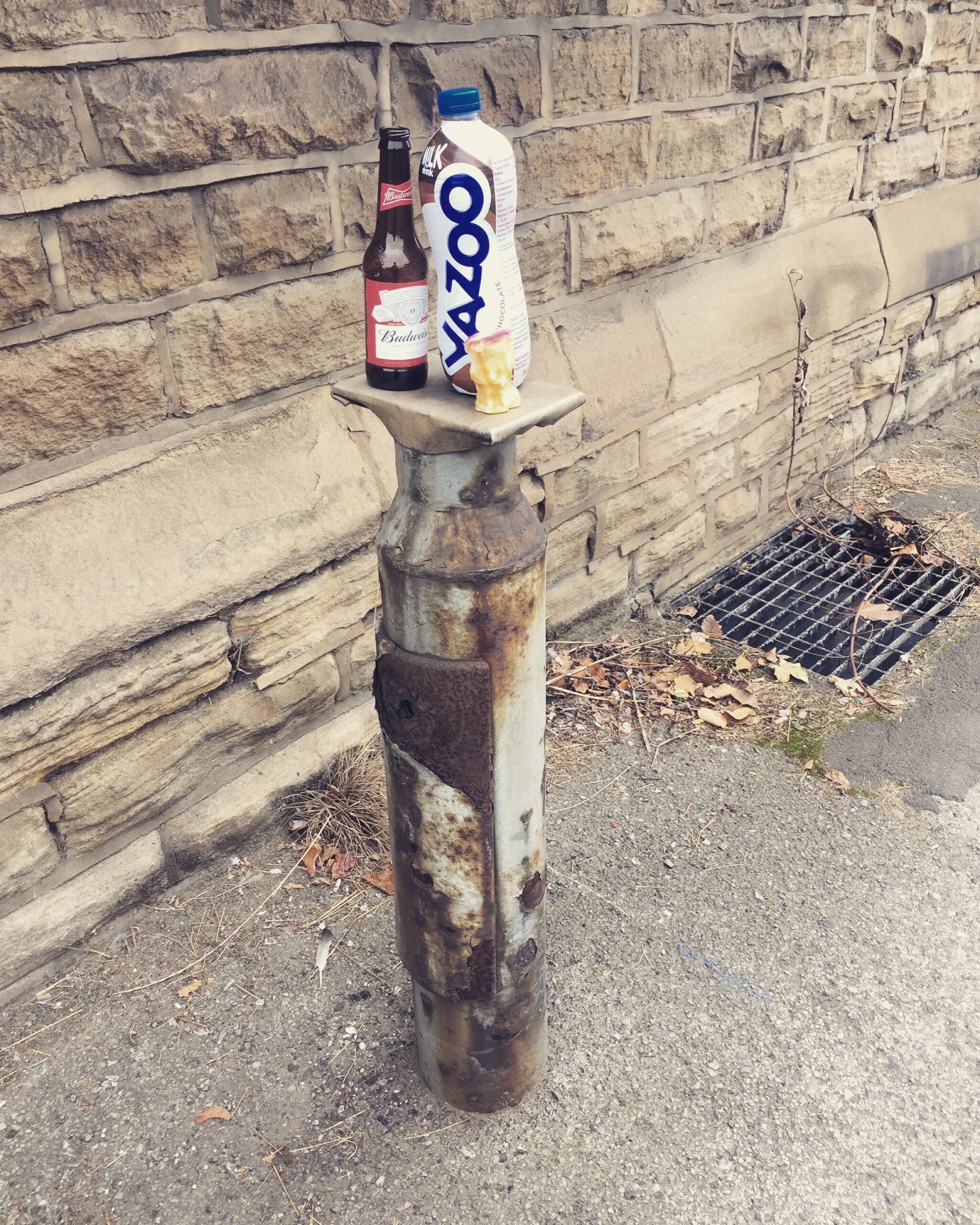I was born in Rotherham in the early 80s. You probably don’t know much about Rotherham. And whatever you have heard probably isn’t good.
In the 80s & 90s it was known for its ludicrously high unemployment following the near total collapse of the UK’s steel and mining industries.
This was followed, perhaps inevitably, by a wave of poverty, crime and drug abuse. Strife.
Come the early 00s, one wave of misery succeeded another. Rotherham’s economic turmoil was dwarfed in the public consciousness by the enormous scandal involving child grooming, trafficking, and rape by a group of Muslim men who were found to have abused at least 1400 girls and young women.
These shocking crimes were made yet worse by the fact that reports had been coming in for nearly 20 years before the first prosecution was made. They were a two-fold crime: One visceral and brutal committed by the rapists and abusers themselves. The second, cold and indifferent, by the local authorities for their almost-unimaginable negligence.
Given the amount of evidence that eventually surfaced, the local authorities had ample opportunity to tackle this problem decades ago. If only they had, how many girls might have been spared the life-changing damage caused by their abusers?
The root of the issue in Rotherham was that the local authorities had a sense of moral confusion between needing to address a serious problem of child sexual exploitation with not wanting to – or appear to – prejudicially attack an ethnic minority group. Their failures in this regard are completely unjustifiable. However it is noteworthy to see how much the far-right white-nationalist community jumped on the Rotherham grooming gang story. So despite their failures, it’s not like their sensitivity about racial-tension was completely imagined. The authorities were right to be cautious – but unfortunately their approach to tackling the abuse was just completely and utterly wrong. To the shameful devastation of many young girls’ lives.
The most obvious lesson you can take away from the Rotherham grooming scandal is that had the authorities stepped in much earlier they would have been able to both:
- Most importantly, prevent hundreds of girls being abused
- Nip the issues in the bud to avoid the story growing so big that it draws the attention of those who you had originally wished to keep in the dark
Win-win, basically.
Not only did sweeping the issue under the carpet lead to hundreds more victims, but it also had the complete opposite effect of suppressing the story. The Barbra Streisand effect is real. Suppressing bad news makes the news even worse when it does finally come out. And in this case it also did a great disservice to Rotherham and Britain’s wider, and wholly innocent, Muslim community. It generated a huge amount of anti-Muslim ammo for the far-right.
This isn’t really an article about Rotherham though. This is about the NHS.
I’m starting to worry that we – honest, decent, well-meaning people – are getting stuck in a similar moral confusion when it comes to the NHS.
The only way of improving something is by identifying the flaws and fixing them. If we want the NHS to improve we need to be able to criticise it. We’re getting ourselves into a rather difficult situation though, whereby criticising the NHS risks you being made a pariah. Or worse being called a Tory.
Before I say anything else, I make these two statements:
- The NHS is an incredible concept and universal healthcare is essential for a modern civilised society
- NHS employees are some of the most talented, hardest-working and inspiring people in the country
So if I criticise the NHS, I do so because I want it to be the best it can be – for me, my family, my friends, our future generations and everyone else.
If we are fearful of criticising the NHS and would rather just sweep its issues under the carpet then we risk the same process of neglect and degeneration that happened in Rotherham.
The people who care most about the NHS are those who probably have the most constructive and useful critical feedback. If their voices are suppressed (often by themselves) the NHS will deteriorate.
If the only people publically criticising the NHS are the swines who actively want to run it into the ground, then the public narrative will become increasingly toxic, misleading and likely lead to a growing sense of dissatisfaction. Lines like “the NHS is beyond fixing” will begin to take hold. This is dangerous. Just as we cannot allow narratives about child sexual exploitation be controlled by the far-right, we cannot allow the narratives about the NHS be dominated by those who want to destroy it.
To guarantee the future security and success of the NHS, positive constructive critical narrative is essential. The NHS has its issues. Everything does. As a country we need to adopt a growth-mindset when it comes to the NHS and our public services. Every failure and issue is an opportunity for improvement, and we need to embrace it positively and proactively.

